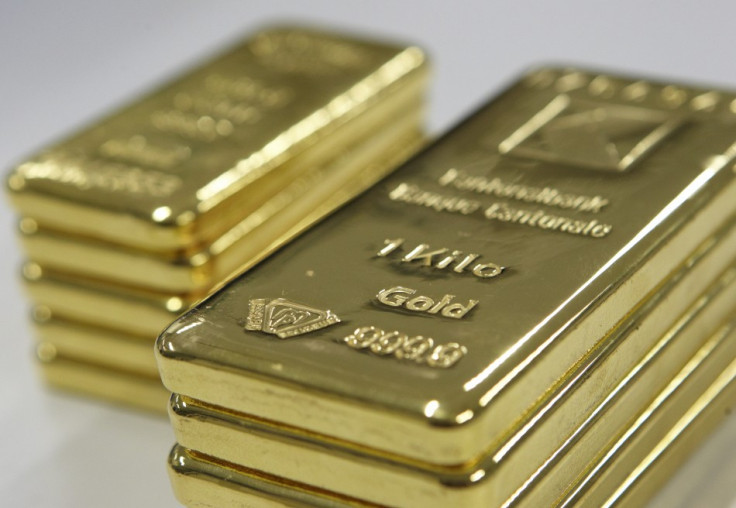Commodities Round-up: Gold surges on Trump shenanigans and Brexit uncertainty
Oil headed sideways but the gold market continued in positive territory on rising safe-haven calls
Gold breached the psychological $1,200 an ounce barrier on Monday (16 January), as fears over the incoming Donald Trump administration being the most protectionist in US history sent investors seeking safe-haven assets.
In recent weeks, the US president-elect has taken pot shots at automakers and intelligence agencies. At 3:05pm GMT, the Comex gold futures contract for February delivery was up 0.55% or $6.60 at $1,202.90 an ounce, while spot gold was 0.53% or $6.39 higher at $1,203.82 an ounce, Brexit uncertainty and a weaker dollar lending further support to the yellow metal.
FXTM chief market strategist Hussein Sayed said: "So far gold has recovered 6.8% from December lows, and traded higher in 11 out of 13 business days. Trump's antics have certainly helped bullish sentiment."
In step with the futures market, physical traders have also been reporting higher volumes. London-based bullion firm The Pure Gold Company said its takings had jumped 69% in the first two weeks of 2017.
Josh Saul, chief executive officer of the Pure Gold Company, said over 71% of its clients have cited concerns about significant volatility across equity markets and the potential for considerable declines in property values (in the UK, Europe and US) over the coming weeks and the rest of 2017, as being the reason for upping their gold purchases.
"Many appear to be very worried. Once Trump is elected they fear interest rate hikes even while household debt is at record highs, the impact of geopolitical tensions between the US, China and Russia, the conflict between Trump and the intelligence services and the fear of currency devaluations."

Elsewhere in the precious metals sphere, Comex silver was up 0.60% or 10 cents at $16.87 an ounce, while spot platinum was up 0.07% or 67 cents to $985.52 an ounce.
Away from the precious metals, oil futures began the trading week marginally lower, despite Saudi Arabia's reaffirmation that Opec would stick to its pledge of cutting output, but the Kingdom's oil minister Khalid Al-Falih said the exercise may not be needed beyond June.
Speaking at World Future Energy Summit (WFES) in Abu Dhabi, Al-Falih said: "The [oil market] re-balancing which started slowly in 2016 will have its full impact by the first half. Of course, there are many variables that can come into play between now and June, and at that time we will be able to reassess."
At 3:20pm GMT, the Brent front month futures contract was down 0.11% or 9 cents at $55.39 per barrel, while the West Texas Intermediate (WTI) was 0.21% or 11 cents lower at $52.26 per barrel.
© Copyright IBTimes 2025. All rights reserved.






















